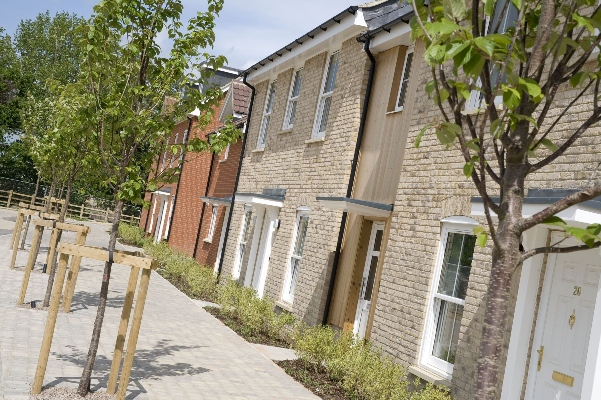Bidwells has released its Winter 2021 Cambridge Residential Market Report, highlighting the changes to the market in the past few months.
Both the sales and lettings market remained active over the autumn period, with ongoing recruitment in the science and technology sectors putting further pressure on the already limited housing stock. Despite the uncertainties brought about by the new Covid variants, demand for office and lab space in the city remains at a near-record high.
Intense competition in the market has continued as stock shortage causes frustration, with lettings being up on 2020 despite the continued uncertainty. The demand remains dominated by the science, technology and medical sectors, making up over 66 per cent of lettings in Q4, a representation of the year in general, with the likes of AstraZeneca and Arm, both having their headquarters in the city. The military also contributes a core segment to the market.
With this, there has been an increase in recruitment agents sourcing homes, both privately and at a corporate level, with prime market stock attracting 20-30 enquiries from prospective tenants.
Houses in the outskirts of the city, typically larger with more outside space, have proved particularly popular, as people continue to use a work from home or hybrid-based model. City centre locations continue to be popular, especially with those working in the science parks or at CB1, with prime residential rents rising by 13 per cent over the last five years.
In Q4 2021, the average prime residential gross yield rose to 3.98 per cent, the highest level since 2019 and 23 basis points above the long-run average. Average capital values rose another one per cent in Q4, creating a five per cent increase over the last 12 months, driven by rental increases.
The primary driver of yield improvements was strong rental growth in the apartment market, particularly two-bedroom flats, which have seen prime rents increase by 8.3 per cent over the last year. Family houses have seen the highest rate of capital value growth, which battled a lack of supply, which has tempered yields recorded by that sector.
Despite the shortages, investors still enter the market, including ongoing demand from Hong Kong, wanting to branch into the international market, pre-empting permanent resettlement.
Looking forward, the pandemic is still likely to cause further challenges in the market, though the Cambridge science sector remains at the forefront of economic activity and should remain so in the wake of the pandemic, with the science and technology cluster being at the forefront of the UK’s short and long term economic growth.
The full report is available here.
© Eastern Echo (powered by ukpropertyforums.com).
Sign up to receive your free bi-weekly Eastern Echo journal here.




